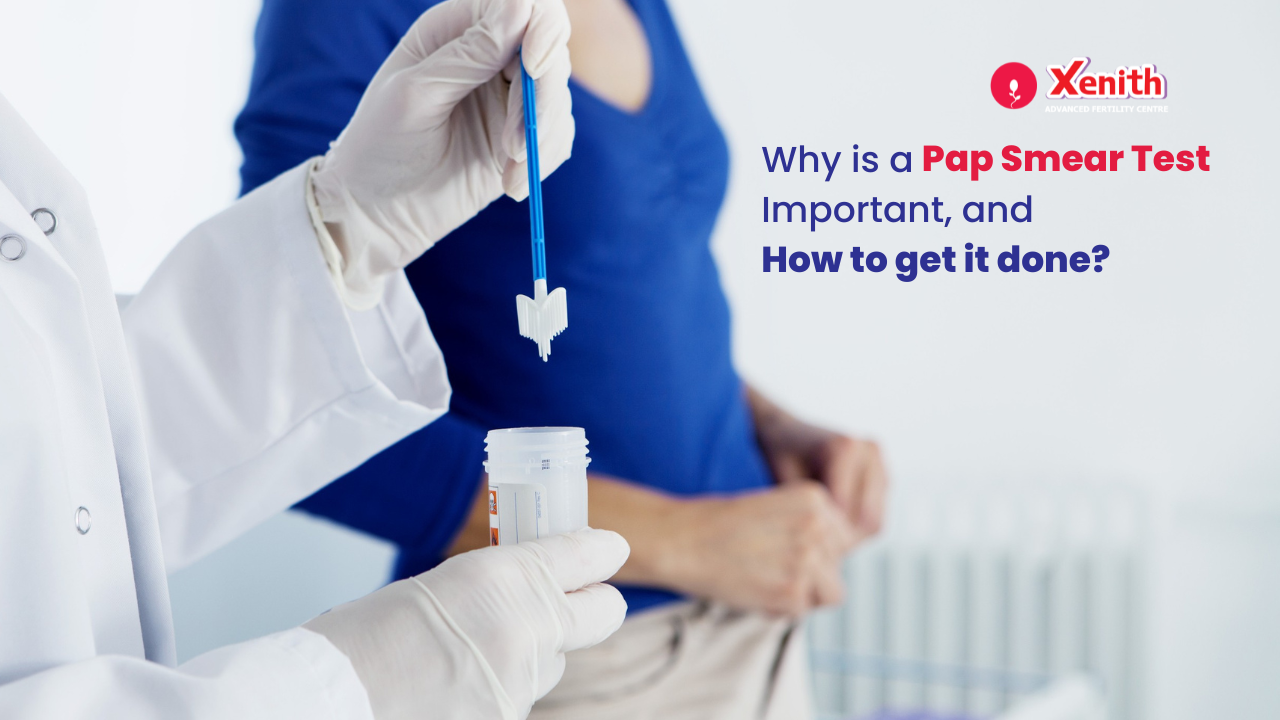A pap smear can be a lifesaving screening tool for detecting cervical cancer in women because detecting it early before the appearance of any symptoms could give you a better chance of beating the cancer. Basically, in a pap smear, the doctor will remove some cells from your cervix to get tested and see if they look normal or abnormal. An abnormal looking cell might be indicative of it being precancerous or cancerous. An abnormal result could mean that you might have to undergo a few more tests to confirm if you have cervical cancer. A human papilloma virus (HPV) test is sometimes done in conjunction with the pap smear to detect the presence of the HPV virus which often have no symptoms or could cause genital warts or is sometimes linked with cervical cancer.
Procedure
You will need to lie down on your back on the examination table with your legs spread apart and feet in the stirrups attached at the end of the table. The doctor will insert a speculum inside your vagina. A speculum is a duck-billed shaped device used to widen the vagina for easier viewing of the uterus. It might feel a little uncomfortable but shouldn’t hurt. So, try to relax and take a few deep breaths. Once the speculum is inserted inside, you might hear some clicking noises which means they are opening the speculum wider so that the doctor has a good view of the uterus from where the sample needs to be taken. The doctor will then use a small brush to scrape some cells from your cervix, put it in a sterile tube and send it to the lab for analysis and testing. The speculum will also be removed after this. Once this is done, the doctor might also do a physical examination of your reproductive organs, stomach and pelvic area by using their hands to see if anything feels unusual. The whole procedure will take only about 20 min. Pap smear tests are very safe and you might have some light spotting or bleeding after the procedure. If you have severe bleeding or cramping, contact your doctor. Avoid sex and using tampons for 2 to 3 days after your pap smear procedure. Usually you should be able to get back to your usual routine within the same day.
How to prepare for pap smear test
Avoid applying any creams or putting tampons or other medications in your vagina at least 2 days before the test.
Having a pap smear done during your period might give inaccurate results. So, it’s better to postpone the procedure if you have your period on the day of the test.
Go to the test with an empty bladder although make sure to ask the doctor if they also need to take a urine sample in case they need to test for pregnancy, bladder infection or sexually transmitted infections.
Let the doctor know about your medical history, if you had ever had an abnormal pap smear test before, if you are on any medications or on birth control.
They might also check for the presence of the human papilloma virus (HPV) which is a sexually transmitted infection that increases the risk of cervical cancer.
Most of the time, the results will come back as normal. Don’t worry too much if they are abnormal or unclear because there might not be anything wrong at all. In rare cases, it might be positive for cancer. An abnormal result might mean that you might need to undergo further tests to get a closer look using a colposcope which is like a lighted microscope and if there are any abnormalities seen, a sample of that tissue or a biopsy might be taken for further testing.
When should you get a pap smear done?
If you are between the ages of 21 and 29, you should get regular pap smears done every 3 years. Between the ages of 30 and 65, if your last pap smear was normal, then you might need to get tested every 3 years. If your HPV test was also normal, you might only need to get it done every 5 years. If you are over 65 years old, you might not need to get pap smears done anymore if your pap smears were normal for the past several years, if you are not at high risk for cervical cancer or if you have had your cervix and uterus removed due to various reasons other than cancer. However, if you had an abnormal pap smear, have HIV, a weakened immune system or were exposed to a drug called DES (Diethylstilbestrol) before you were born to prevent miscarriage, then you might need more frequent PAP smears done. It’s also not recommended to do Pap smear before the age of 21. How often you’ll have to do the test depends on various factors, like your age, health history and results from your last Pap smear or HPV test. Talk to your doctor about when and how often this pap smear would be recommended by them.
Frequently asked questions
- Are there any risks associated with getting a pap smear?
Pap smears are very safe. You might have some light bleeding after the test but it shouldn’t last for very long.
- Does an abnormal result mean that I have cervical cancer?
No, in very rare instances it might mean that you have precancerous cells that could turn into cancer or you might already have cancer which if caught early, is treatable with good chances of recovery. So, you would need to have routine check-ups from your doctor. If you have any questions about Pap smear and how an abnormal result could affect your fertility, please feel free to contact the experts at Xenith Advanced Fertility Centre.




